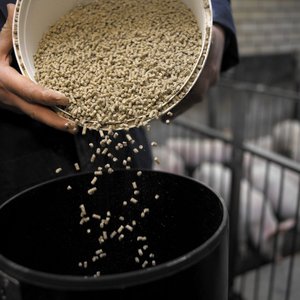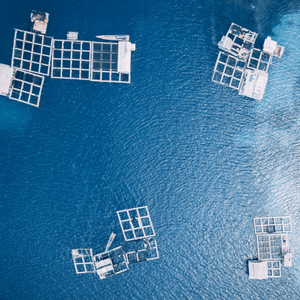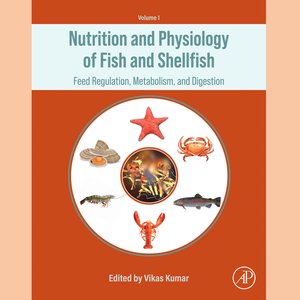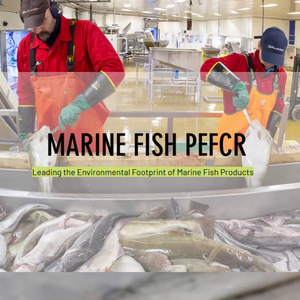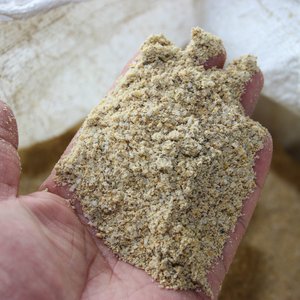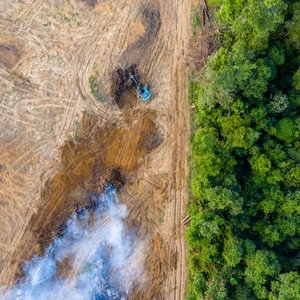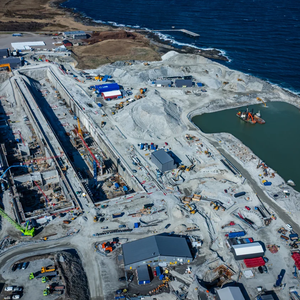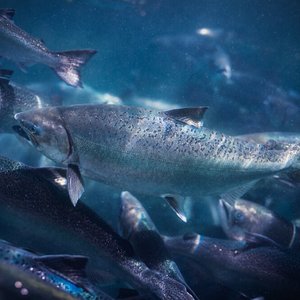New Reduction Reports by Sustainable Fisheries Partnership (SFP) highlight both good and bad news for fisheries compared to 2021. NE Atlantic blue whiting jumped up two performance categories, while two fisheries—European sprat and Peru/Chile anchoveta—dropped in category. The majority of fisheries assessed in the reports continue to be reasonably well managed or better, but concern remains that overall performance has been stalled since 2018.
“The improvement in NE Atlantic blue whiting shows that good management in complex (multi-country) fisheries is possible if industry, science, and government work together, and highlights the key role industry efforts like the North Atlantic Pelagic Advocacy Group (NAPA) can play in driving improvement,” said Dave Martin, program director at SFP. “We are optimistic that groups like NAPA and the Global Roundtable on Marine Ingredients can have similar success in other challenging fisheries around the globe.”
The 2022 reports mark the 13th edition of the SFP assessments, which evaluated 19 fisheries based on sustainability scores in FishSource, SFP’s public database of fisheries information. Unlike in previous years, the 2022 evaluations were conducted in two phases, to better align with the timings of the release of key management measures and stock assessment information of each fishery.
The report also found that there is a growing need to improve regional management and cooperation for fisheries shared by multiple countries. While NE Atlantic blue whiting showed positive results of such cooperation this year, the anchoveta stock shared between Chile and Peru dropped in score this year because the TACs set by the two countries surpassed the overall recommended TAC. Similarly, small pelagic fisheries in West Africa, including European pilchard, would benefit from enhanced regional cooperation.
In 2022, the Global Roundtable for Marine Ingredients—lead jointly by SFP and IFFO—added new members including the Marine Stewardship Council and Nissui. Members continued to encourage improvements in Mauritania through an existing FIP, providing recommendations on a new fishery management plan, and gathering third-party insights about the marine ingredients industry’s impacts in Senegal and Mauritania. The Global Seafood Alliance is leading a working group of members and non-members focusing on India with help from Key Traceability. IFFO is coordinating work with members to expand life cycle analysis data for marine ingredients.
Jorge Diaz Salinas, global sustainability manager at Skretting, said that “the Reduction Fisheries Report is an essential tool that reveals the status of some of the main fisheries and brings more transparency to the industry. We value the insights provided, especially where there’s a need or room for improvement and commit to contributing to better understanding the impacts of reduction fisheries into ETP species and climate change.”
“Cargill welcomes this 2022 report from SFP on the key forage fisheries that we use in our aquaculture feeds globally. It is essential to maintain a transparent approach to the status of the fisheries we use, with a constant focus on improving our supply chains. The progress shown by three of the assessed fisheries is heartening, and particularly in the case of blue whiting it raises the hopes for fishery improvement projects to deliver concrete results through the combined efforts of our suppliers, fishers and regulators. To accelerate in this direction, Cargill is committed to the Global Roundtable for Marine Ingredients as an organization that can raise the profile of this issue. We are currently engaged in five FIPs globally and we are setting the stage for further developments,” said Dave Robb, SeaFurther sustainability program lead, Cargill Animal Nutrition.



